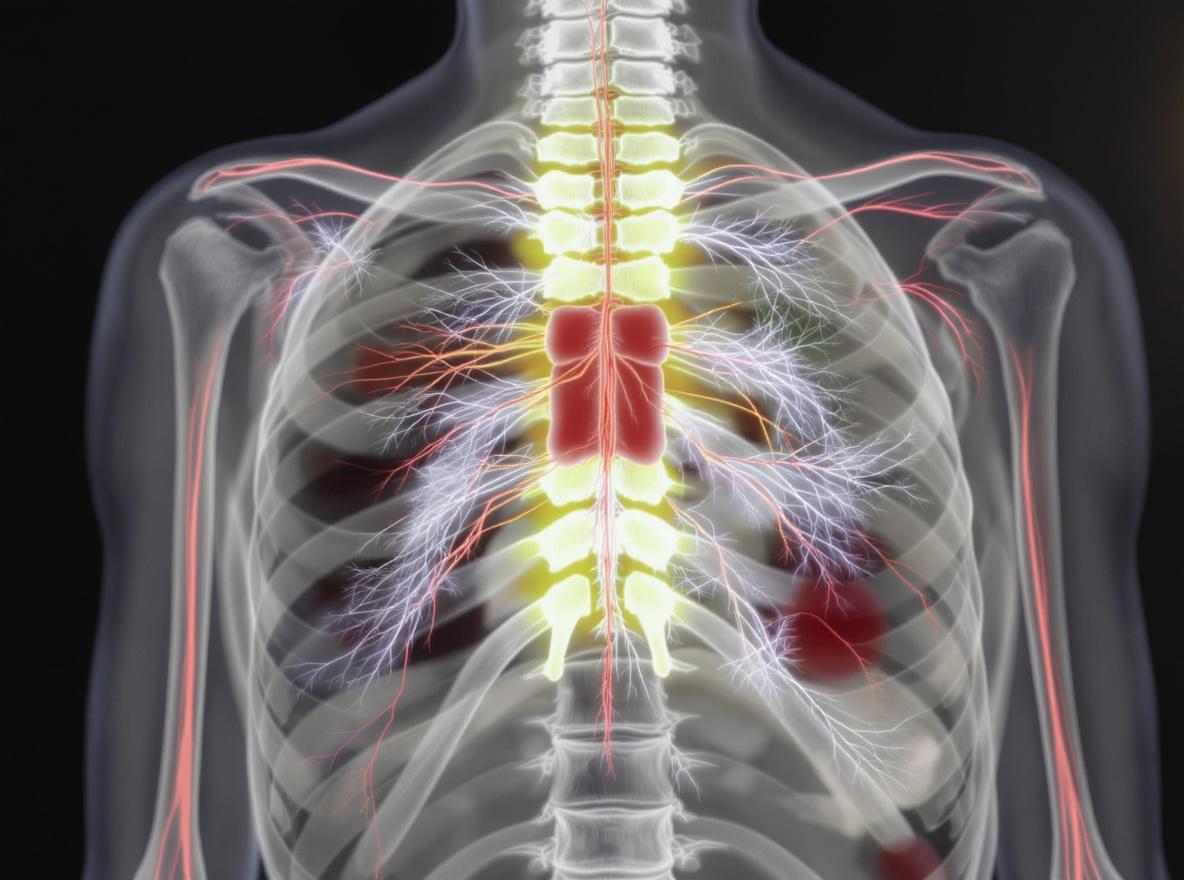Dementia can sometimes be delayed through proactive measures. Understanding the dynamics of dementia prevention is not only empowering but also crucial in fostering longer, healthier lives. By recognizing early signs, individuals can improve their chances of maintaining cognitive health.

Early Warning Signs of Alzheimer's
Alzheimer's is the most common cause of dementia, characterized by progressive cognitive decline. Early detection can lead to better management and improved quality of life. Here are some signs to watch for:
- Memory Loss: Frequent forgetfulness or asking the same questions repeatedly.
- Difficulty in Problem-Solving: Challenges in handling familiar tasks, such as managing bills.
- Confusion with Time and Place: Losing track of dates, seasons, and the passage of time.
- Visual-Spatial Issues: Difficulty reading, judging distance, or determining color.
- Withdrawal from Social Activities: Avoiding social engagements or hobbies they once enjoyed.
Recognizing these symptoms early on allows individuals to seek further evaluation from healthcare professionals. For more on recognizing Alzheimer's, click here.
Recognizing Common and Overlooked Symptoms
Beyond Alzheimer's, other forms of dementia possess distinct symptoms that might be overlooked. Here are a few:
- Language Difficulties: Struggling to find the right words or engage in conversation.
- Changes in Mood: Shifts in mood or personality, such as becoming depressed, anxious, or easily upset.
- Disorientation: Getting lost in once familiar places.
For a comprehensive list of symptoms, visit the NHS website.
The Importance of Lifestyle in Dementia Prevention
Several lifestyle factors can reduce the risk of developing dementia. Embracing a healthier lifestyle can mitigate potential risks significantly. Here's what you should consider:
- Regular Physical Exercise: Engaging in regular physical activity improves cardiovascular health and boosts brain function.
- Mental Stimulation: Activities such as puzzles, reading, and learning new skills can enhance cognitive abilities.
- Healthy Diet: A Mediterranean diet rich in fruits, vegetables, whole grains, and olive oil has been associated with better cognitive health.
- Social Engagement: Maintaining social connections and participating in community activities can help delay the onset of symptoms.
- Adequate Sleep: Ensuring quality sleep protects brain health and aids memory consolidation.
The CDC website offers more insights into reducing dementia risk.
| Lifestyle Change | Impact on Dementia Risk | Sample Activities |
|---|---|---|
| Exercise | Decreases risk by 30% | Jogging, Swimming |
| Diet | Decreases risk by 25% | Mediterranean Diet |
| Mental Activity | Decreases risk by 20% | Crosswords, Reading |
| Social Engagement | Decreases risk by 18% | Community Events |
| Sleep | Decreases risk by 15% | Regular Sleep Schedule |
Embracing Early Treatment and Management
Early treatment and management are essential once a dementia diagnosis has been made. By addressing the condition early on, individuals can maintain better control over symptoms and enjoy a higher quality of life. Strategies include:
- Medication: Certain medications may help manage symptoms and slow progression.
- Therapeutic Interventions: Cognitive therapies and activities designed to engage the brain.
- Care Planning: Developing a comprehensive care plan involving family members and healthcare providers.
To discover more about managing dementia, consider visiting the Alzheimer's Society website.
Understanding and addressing the factors contributing to dementia is crucial in mitigating its onset and progression. By staying informed and proactive, individuals can foster better cognitive health and quality of life.




